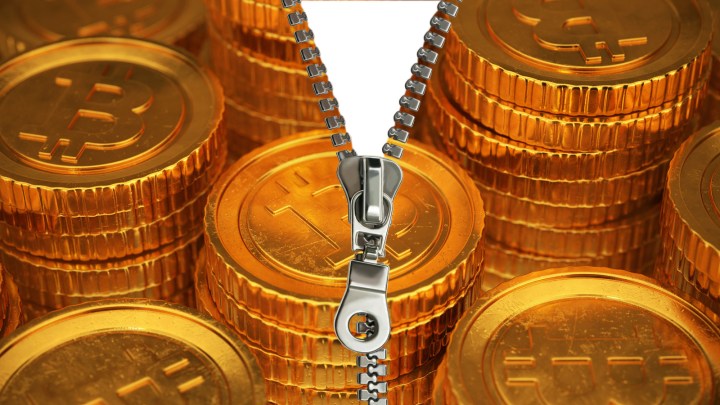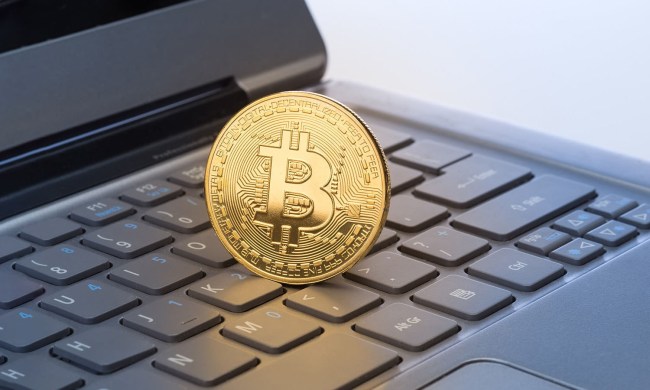
If you’ve traded Bitcoin recently, you’ll be well aware of the problem that has been gradually looming its head over the past couple of years. No, we’re not just talking about graphics card prices — it’s getting expensive to send Bitcoin in a timely manner. This has been the result of the “blocks” that make up the Bitcoin “blockchain” reaching capacity and when that happens, transactions take longer, or you need to pay more to be bumped up the queue.
To many, that goes against the very reason for using Bitcoin in the first place and it’s lead to different ideas about how to fix it. The one that has taken hold recently however, resulted in the hard split and the creation of Bitcoin Cash. It offers blocks eight times the size of traditional Bitcoin’s, potentially giving it much greater headroom for increased user capacity in the future.
This wasn’t the original plan, as Motherboard points out. Bitcoin was instead originally slated to “soft-fork” into a new iteration which would have given it slightly increased block capacity. Without unanimous support though, the plan fell through and the harder alternative was driven through by Chinese Bitcoin firm, Bitmain, bringing Bitcoin Cash into existence.
The value of Bitcoin Cash has been rather volatile since its unveiling. It began life with a near $600 valuation, which tumbled to close to $200 in prelaunch trading, but has since steadily recovered to $473 per Bitcoin Cash at the time of writing. Bitcoin too saw a wobble at the introduction of the new cryptocurrency, but is now steadily rising again and sits at $2,742.
It’s not clear yet how successful Bitcoin Cash could be, but it certainly has the potential to become a more widely used cryptocurrency among everyday users who aren’t able to afford the heftier fees which are becoming more commonplace in Bitcoin transactions.



